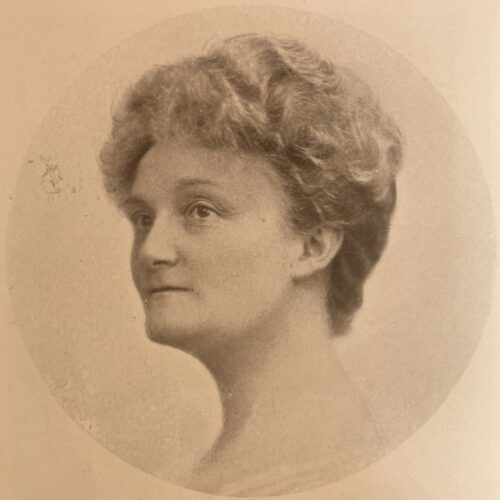

Fanny Adela Coit was a suffragist and campaigner of international significance, as well as a central figure in the Ethical Movement alongside her husband, Stanton Coit.
Known as Adela, she, along with her daughters, was active in the international movement for women’s suffrage, as well as the Women’s Social and Political Union (WSPU), the Tax Resistance League, and the National Union of Women’s Suffrage Societies (NUWSS).
Adela Coit was born on 11 September 1863 in Frankfurt, Germany, to Friedrich Ludwig and Augusta von Gans (née Ettling). Her first marriage was to German industrialist Moritz Wetzlar, with whom she had three children. In 1898, she was elected a member of the Royal Institution (the only woman of that year) and, on 21 December married Stanton Coit in a ceremony conducted by positivist leader Frederic Harrison. With Coit she had three more children (Adela Isabel, Gwendolen Elizabeth, and Virginia), all of whom maintained lifelong involvement with the ethical and humanist movement.
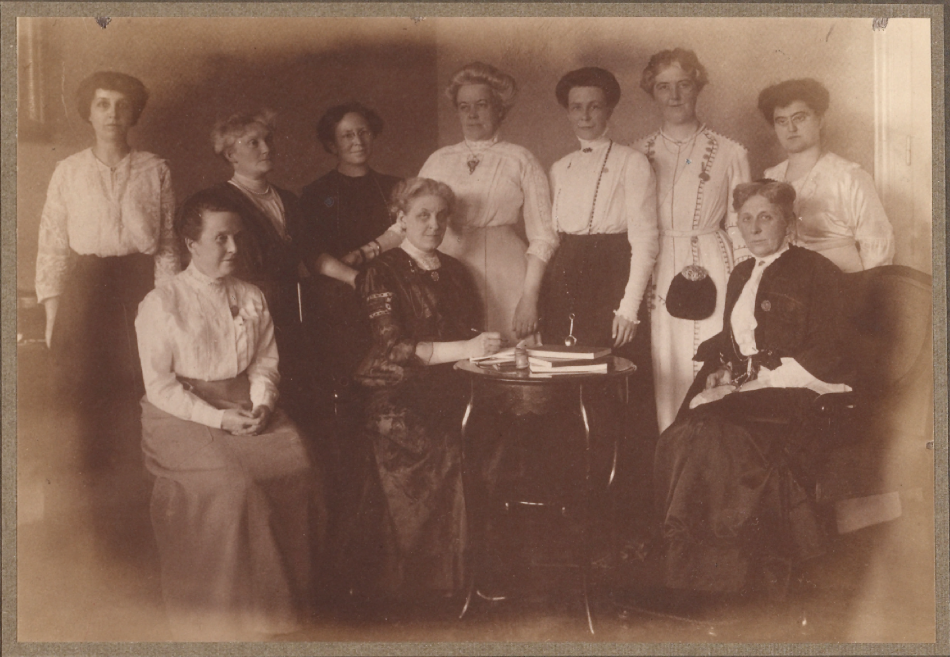
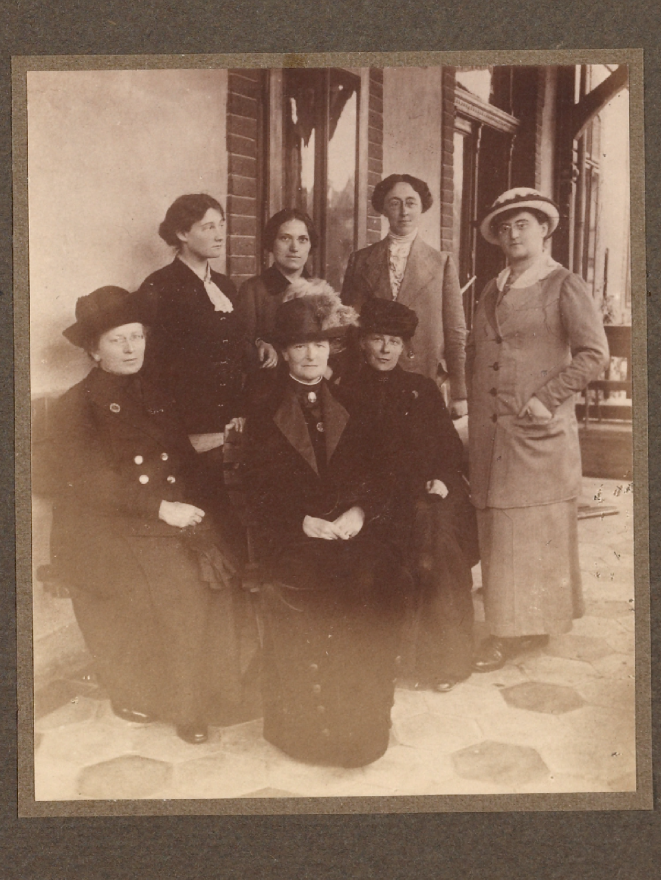
Particularly drawn to international efforts towards female suffrage, Adela and Stanton Coit were among the founders of the International Woman Suffrage Alliance in 1904. She became its treasurer in 1907, and remained actively engaged throughout the First World War. 1907 also saw Adela subscribe to the Women’s Social and Political Union, later transferring her allegiance to the National Union of Women’s Suffrage Societies. For the NUWSS in 1912, she was a member of the first Election Fighting Fund committee, which pledged support for any candidate officially supporting female suffrage. The following year she also sat on the executive committee of the London Society for Women’s Suffrage.
Besides her public activism, the personal qualities of Adela Coit were remembered fondly by those who knew her, such recollections being the primary insight into her more private character. In his funeral address, Harry Snell recalled that
Her culture was wide in its range and generous in its appreciations. To the end she had an ever-increasing interest in art, in history, and travel. She had a mind and personality which aroused respect, and her idealism was informed and practical.
Adela Coit died on 7 October 1932, at Birling Gap, near Eastbourne. Her memorial service, officiated by Charles Kennedy Scott, took place on 10 October at Golders Green Crematorium. Harry Snell, delivering the address, referred to her ‘sure yet silent strength’ and the many causes ‘served and helped by her.’
Her work has now ended and so to-day we bring her here; richer for the example that her life provided; glad that she lived among us, and enriched by the memories that she leaves behind.
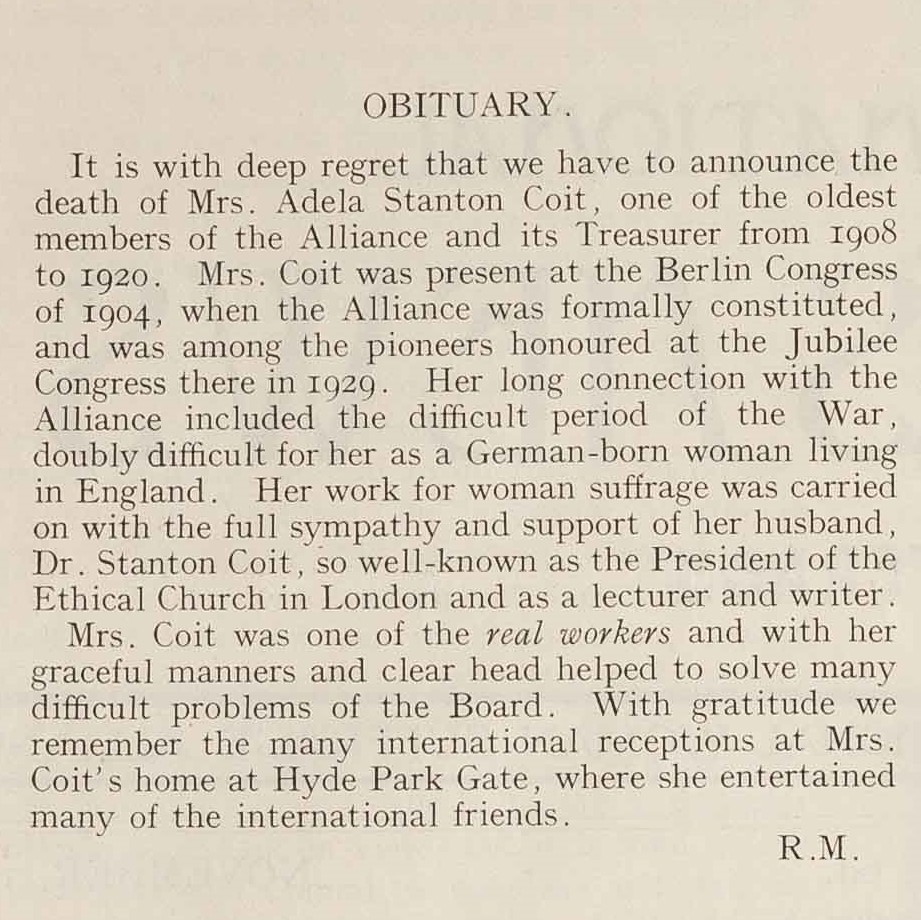
Adela Coit’s humanism was active and reformist, most clearly shown in her lifelong devotion to the causes of both women’s suffrage and the Ethical Movement. Though not the only one, Adela Coit is a prominent example of humanist principles applied to the major concerns of the day, and of a woman driven by her belief in equality and international cooperation. Notably, it was Adela Coit’s financial solvency which enabled the purchase of the ‘Ethical Church‘, the centre of her husband’s experiments in ‘social worship’, and home to one of the United Kingdom’s largest ethical societies. Harry Snell recalled her as a friend who ‘represented in her life a quiet, almost unseen, yet potent influence’, and who ‘helped both to create and to sustain in others the spirit of virtue and loyalty.’ Adela Coit’s significance as a humanist and a suffragist, on a scale both local and international, has left a powerful and enduring legacy.
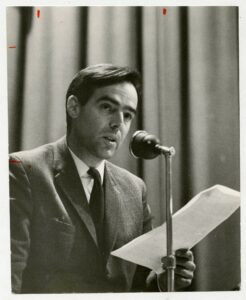
Humanists believe that this is our world, our responsibility, our possibility. If you agree, would anyone know? Peter Draper, ‘Values […]
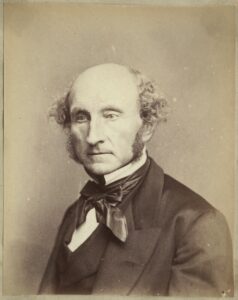
I will call no being good, who is not what I mean when I apply that epithet to my fellow-creatures; […]
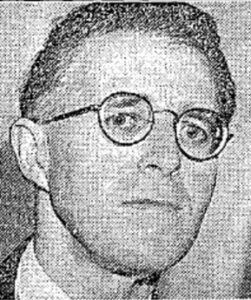
I am a humanist, a rationalist. My mother said to me, some weeks before she died, that she would die ‘an unrepentant […]
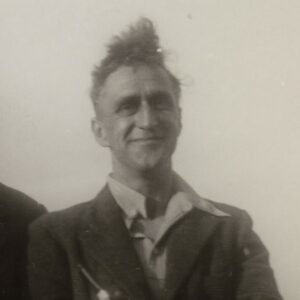
I believe in the supreme virtue of exploring. I believe in finding out. Even if I don’t succeed, I still […]